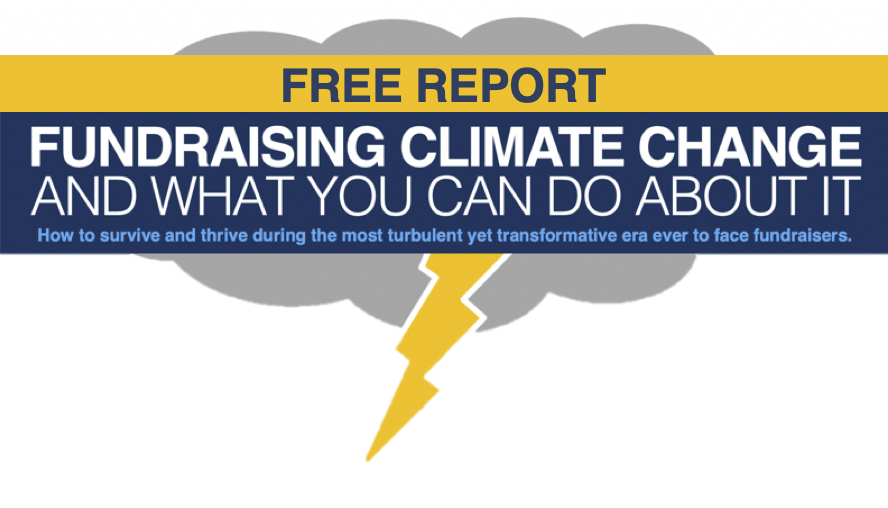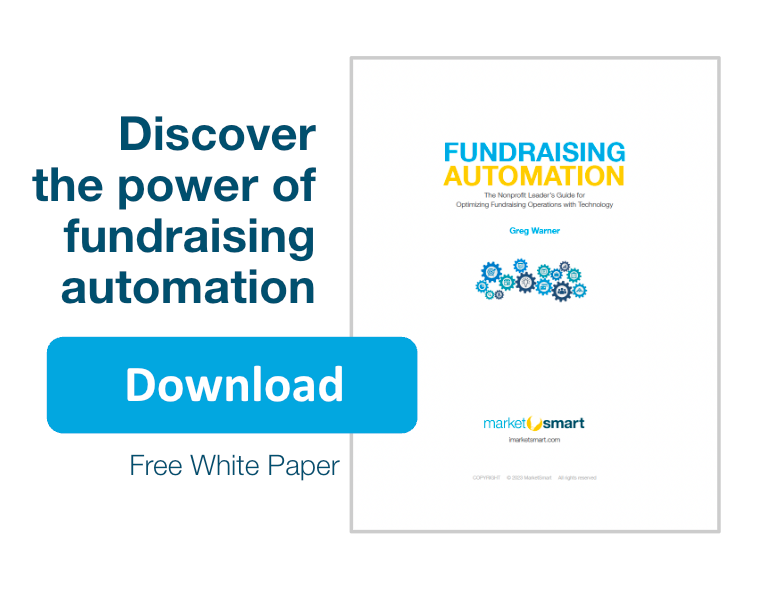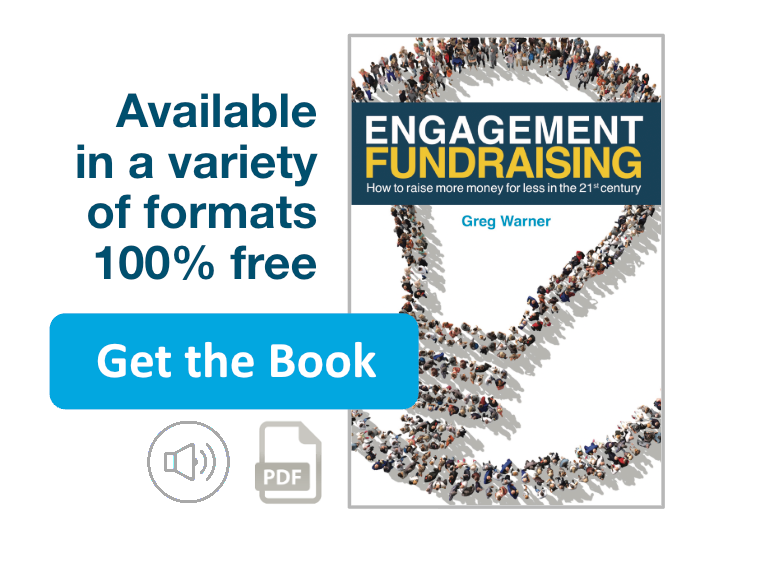Let me know what you think about my top 10 reasons why some fundraisers might be uncomfortable making the ask:
10. They are in the wrong job and should be doing something else;
9. They are poorly trained (or not trained at all) and, therefore, don’t know how and when to do it;
8. They don’t truly believe in their employer’s mission;
7. They believe in their employer’s mission but have little to no confidence in their employer’s staff to get the job done on behalf of the donors;
6. They haven’t properly qualified the donor (and, as a result, they are unsure about whether the supporter has enough passion or is capable of making a gift at the level for which they were told to ask);
5. They have not developed an offer in which the supporter will find tremendous value;
4. They have not worked toward gaining buy-in from the supporter’s family;
3. They became too friendly with the supporter;
2. They look at giving as a negative (when the truth is that philanthropic-minded people find tremendous joy in giving);
1. They know the supporter is not ready to be asked because they have not yet earned the supporter’s trust, have not built a relationship with them, have not listened enough to understand their wants, needs, desires, and interests and, therefore, the supporter has not moved themselves to be ready to make the decision.
GET THE FREE REPORT NOW HERE:






A good list.
Perhaps too, the fundraiser buys into the ideas that their board has about planned gifts…that they have to wait for someone to die before the organization receives money; or their own fear that the prospective donor will ask about a question about probate law about which they knows next to nothing or that their lack of such knowledge will be exposed and their leader will find out about this shortage.
Right! Good point John. So they might be uncomfortable asking for the gift because they are afraid of questions they might be asked.
Thanks for commenting here!
I think a lot of people take rejection personally and possibly feel hurt or belittled by a donor. They don’t realize that an objection is really a question and an opportunity to engage the donor.
Also, a rejection often simply means “not now.”
Interested in learning more
I’ve always known that once you get to the ask stage, the donor knows darn well that they’re about to be presented with a proposal. Donors want to give, or they wouldn’t have taken the meeting.
The asker might be nervous or feel on shaky ground not because they’re afraid of rejection, but because they feel they’re on their own. Fundraisers don’t work in a vacuum. They might be the face of the ask, but they need the full support of so many others — a researcher, a program officer etc. I think if gift officers realized they had a cheering section and a team behind them while they’re asking, they’d be a lot more confident putting a robust, reasoned ask on the table.
Furthermore, what’s the worst that can happen? A no? If somebody is afraid of a no then this is not the right field for them.
Well said Mimi.